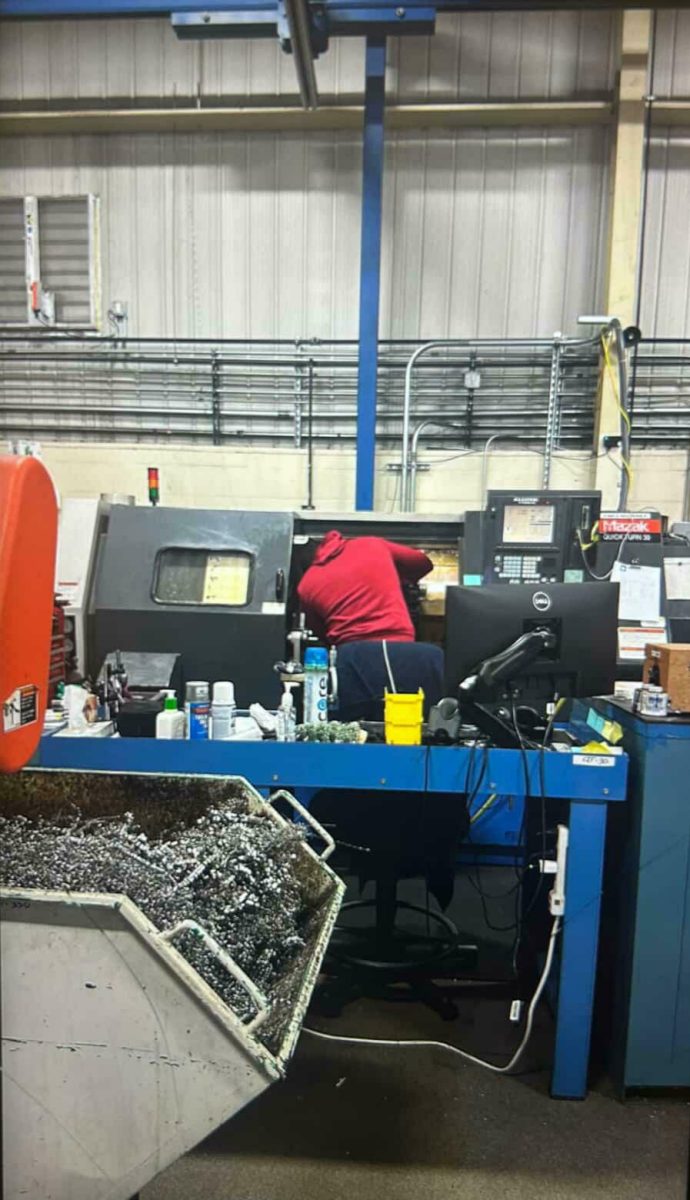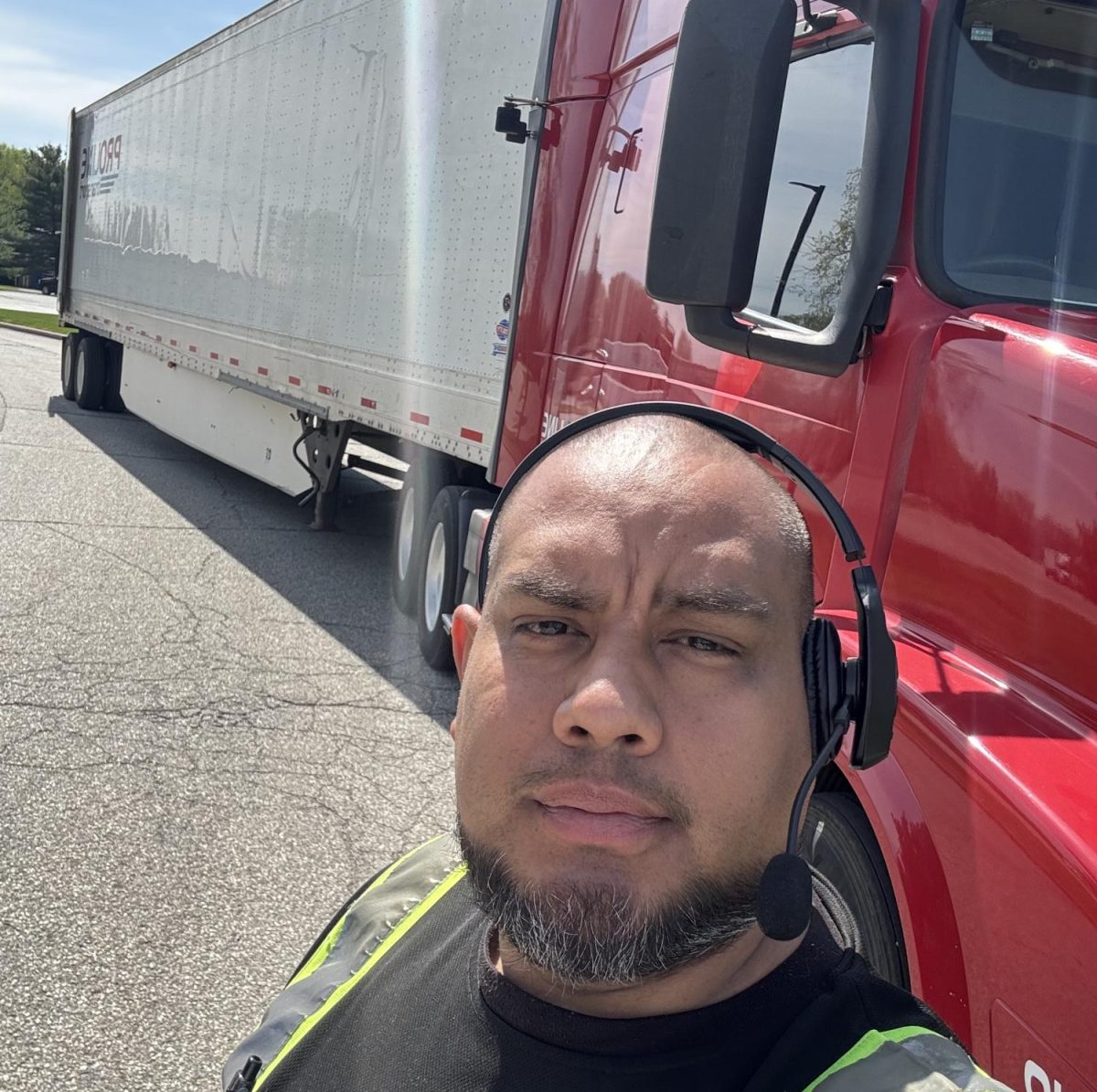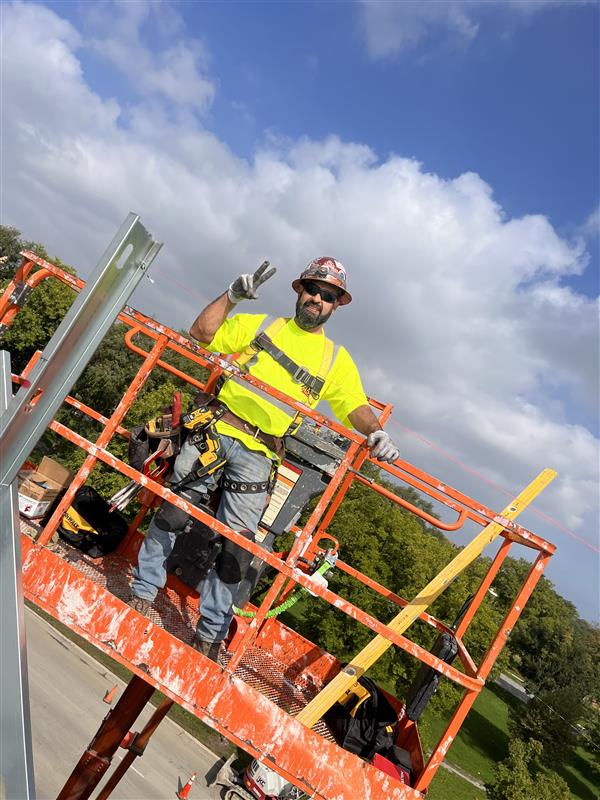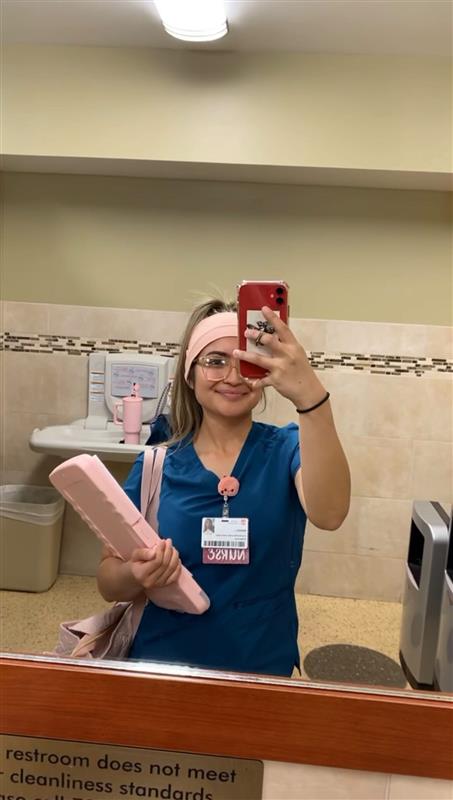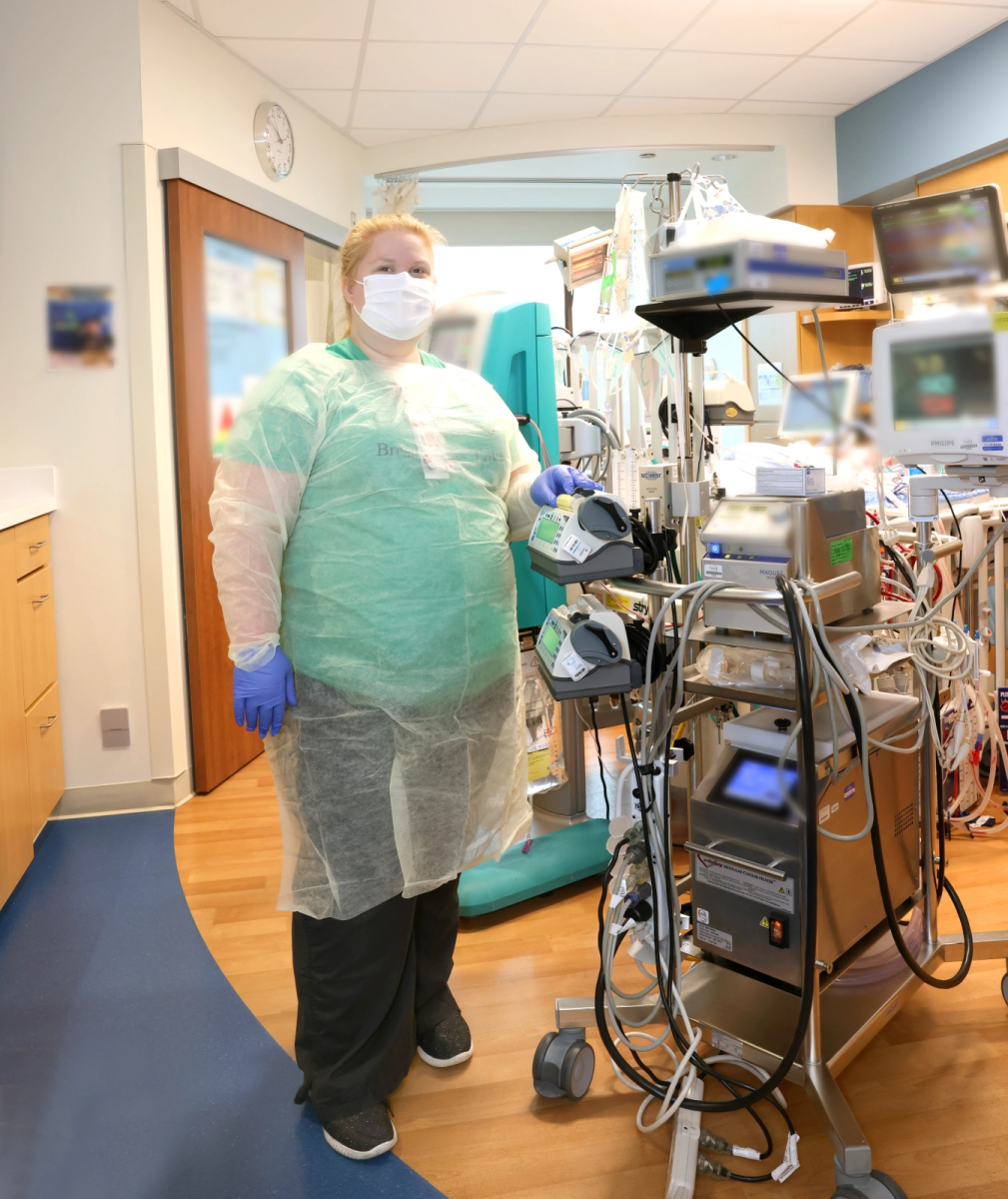David Hernandez works as a CNC (Computer Numerical Control) programmer who develops the software instructions that guide CNC machines in machining operations like cutting, drilling, and milling at Norman Equipment Company, where he has been employed for 10 years. He completed his education at Illinois Institute of Technology: Illinois Tech and has been in the field ever since.
Norman Equipment Company is a distributor of industrial fluid power equipment, including hydraulics, pneumatics, and related components. They’ve been in business since 1946 and operate from their headquarters in Bridgeview, Illinois. Norman Equipment specializes in providing solutions for a wide range of industrial applications, offering products from leading manufacturers along with technical support. With over 70 years of experience supplying hydraulic pumps and motors, pneumatic components, and fluid power for hydraulic equipment, Norman is one of the leading hydraulic fluid power distributors in the Midwest. They are proud to be family-owned. Their extensive and specialty product lines allow them to be a single source for sales and service.
Here’s what David had to say about his job:
Q: What kind of education or training did you need to get this job?
A: I had to go to Illinois Tech (Illinois Institute of Technology).
Q: Can you describe your job and what a typical day looks like for you?
A: Good place to work. People that work there are nice. Work culture is good. Sometimes I’m not busy and need to find things to do. I’ve learned to do several maintenance activities.
Q: How has your job changed since you first started?
A: Yeah, it’s been changing here and there, but they’ve been taking better care of the place. Where I’m located, it’s much cleaner and quiet.
Q: Where do you currently work, and what is your specific role there?
A: I work as a CNC programmer at Norman Equipment Company and would likely be responsible for creating and modifying computer-controlled machine programs (G-code) to manufacture parts and components—often within the hydraulic or industrial equipment context that the company deals with. This role involves translating engineering drawings into machine-readable instructions, selecting appropriate cutting tools, and ensuring the accuracy and efficiency of the machining process.
Q: Is there a certain kind of company or location where people in your job usually work?
A: We usually work in manufacturing facilities or machine shops near a lot of industries like automotive, aerospace, and defense.
Q: What inspired you to pursue this career?
A: I got inspired to pursue this career because I liked how much they would pay. But I honestly started to like working there—the people are nice and it’s a good place.
Q: Are there any licenses, tests, or certifications required for your job?
A: Some jobs, I think, might need licenses, tests, or certifications—particularly those involving heavy equipment operation or specialized technical skills.
Q: What do you enjoy most about your work?
A: I mostly enjoy that there’s a lot of free time, and we have to find something else to distract ourselves until they give us work.
Q: What are the biggest challenges you face?
A: For me, it was changing fields and places because I enjoyed who I worked with—and leaving felt like I was leaving very close friends.
Q: Should I work there?
A: I think you should. It’s not too hard and easy to learn, and you’ll fit in.


